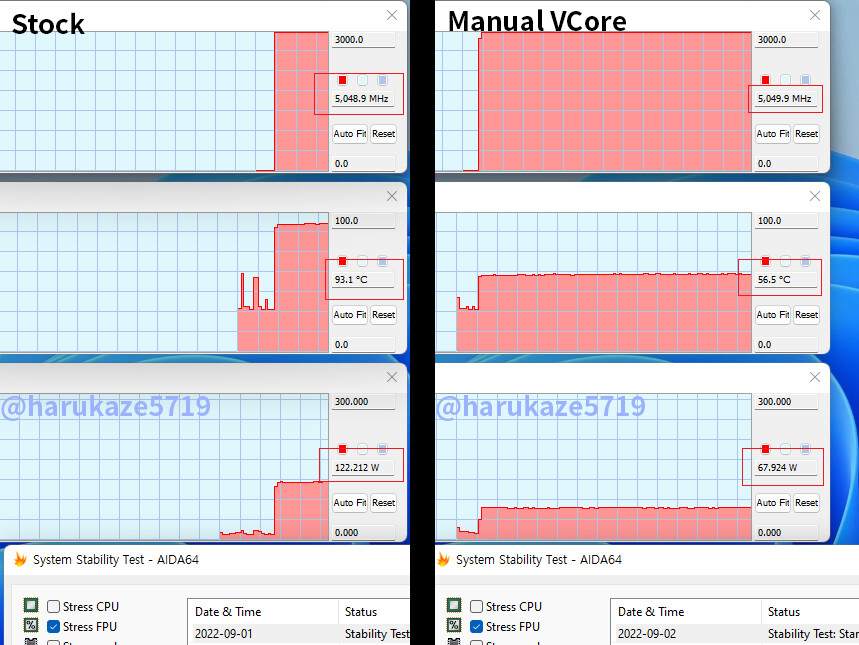This is always put out of proportion. Reminder that these values are ns. High tier audio monitoring programs like latencymon work in microseconds.
1ns = 0.001 microsecond
60 ns = 0.060 microseconds
Anything below 400 microseconds is considered imperceptible for any kind of content. That's 400ns. The latency of the CPU could double to ~120ns and it still wouldn't matter. I don't remember when latencymon starts saying your system might have trouble processing real time stuff but it's around 700 microseconds if I'm not mistaken.
I'm not disagreeing with your point, but your numbers in the last line are out. 400 microseconds is 400,000ns rather than 400ns. If the degree of latency that might cause trouble processing real time stuff is around 700 microseconds, that's around 700,000ns. If it's around 700ns, that's 0.7 microseconds.


 Makes the point even better tbh.
Makes the point even better tbh.



